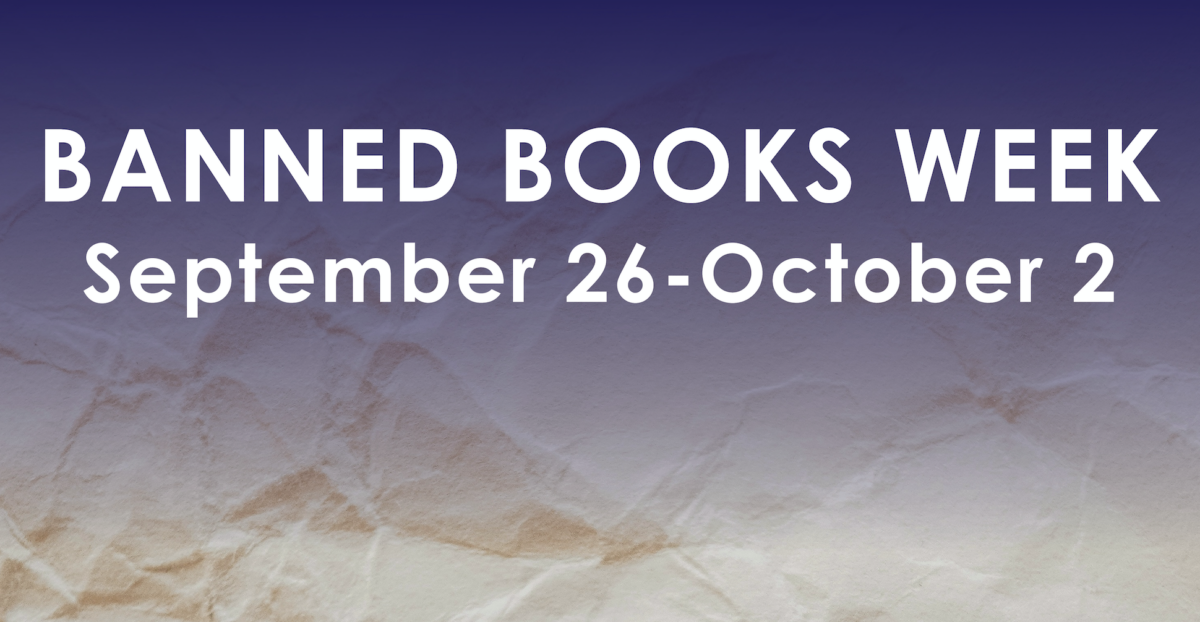Content warning: This post contains upsetting information about residential schools.
This week, September 26-October 2, is Banned Books Week. Banned Books Week has been recognized since 1982 and is an annual event celebrating the necessity of reading and the importance of free and open access to information. In honour of this important cause, we reached out to BC publishers to find out what freedom to read means to them.
Orca Book Publishers:
A number of Orca titles have been challenged over the years, beginning with Maxine’s Tree, more than 20 years ago. More recently, we have had challenges on several titles but have not had a book banned. We welcome the opportunity to defend our authors’ and illustrators’ work. We choose our books with care and consideration and also with an open mind. It is important to us that all voices have the opportunity to be heard. As long as a book is not spreading hate or falsehoods, we believe it should be given a chance.
“Freedom to read” to Orca means freedom to learn and to grow.
“Freedom to read” to Orca means freedom to learn and to grow. It’s the chance to see yourself and your experiences reflected back to you, as well as to dive into a world that you might never get the opportunity to see.
Royal BC Museum:
Royal BC Museum curator of history Lorne Hammond told us about From Coalmine to Castle: The Story of the Dunsmuirs of Vancouver Island (New York: Pageant Press, 1955), by Robert Dunsmuir’s great-grandson James Audain. The Dunsmuir family sued to suppress the book, which referenced a birth out of wedlock and referred to Robert as a “bastard” in a rags-to-riches saga. The RCMP were sent to enforce the court order at regional libraries, including the one at Royal Roads Military College — because of the Dunsmuir connection, the library had numerous copies.
The librarian stashed the extra copies in a storeroom…
The librarian stashed the extra copies in a storeroom and surrendered one catalogued copy for destruction. Dr. Hammond learned of the affair while working a summer job at the library. The author counter-sued, but Robert Dunsmuir won the slander suit on the basis of a 1922 law deeming “legitimate” any child born out of wedlock whose parents married before December 31 of that year.
Theytus Books (Ann Doyon, Production):
My Mother was a residential [school] Survivor and was physically beaten by the nuns any time she spoke her language. She was abducted at age five and did not return to her family until she was sixteen years old. The fear they instilled in her caused her to not want to teach us the Cree language. A common experience in Indigenous Canada. The residential schools were designed to remove our languages and cultures; through mental and physical abuses the Canadian government’s war on Indigenous people’s Traditional Knowledge and Indigenous histories has been well documented through the Truth and Reconciliation Commission (TRC) and the Report of the Royal Commission on Aboriginal Peoples (RCAP) regarding government’s forced assimilation policy with respect to the original Nations of Canada. Indigenous writers and artists lead the way in reclaiming and educating our youth on the true and bloody history of Canada and the Indigenous people. Through our Elders’ words and stories, the truth will be known and our histories and cultures will be shared with future generations.
The “freedom to read” text in our own Indigenous languages is paramount to rebuilding the languages of many Indigenous Nations.
The “freedom to read” text in our own Indigenous languages is paramount to rebuilding the languages of many Indigenous Nations in Canada. It is what makes me feel proud when our house publishes books in Indigenous languages. It gives our future generations back the power of the words. To be able to tell stories in their own words is a gift for future generations.
This is the mandate and meaning of the name Theytus: “for the sake of handing down to future generations.”
Now we have the “freedom to read” in our languages and to share that gift with future generations. It is my hope that my children will one day reclaim the words beaten out of my Mother and that the languages of Indigenous Peoples in Canada will live.

